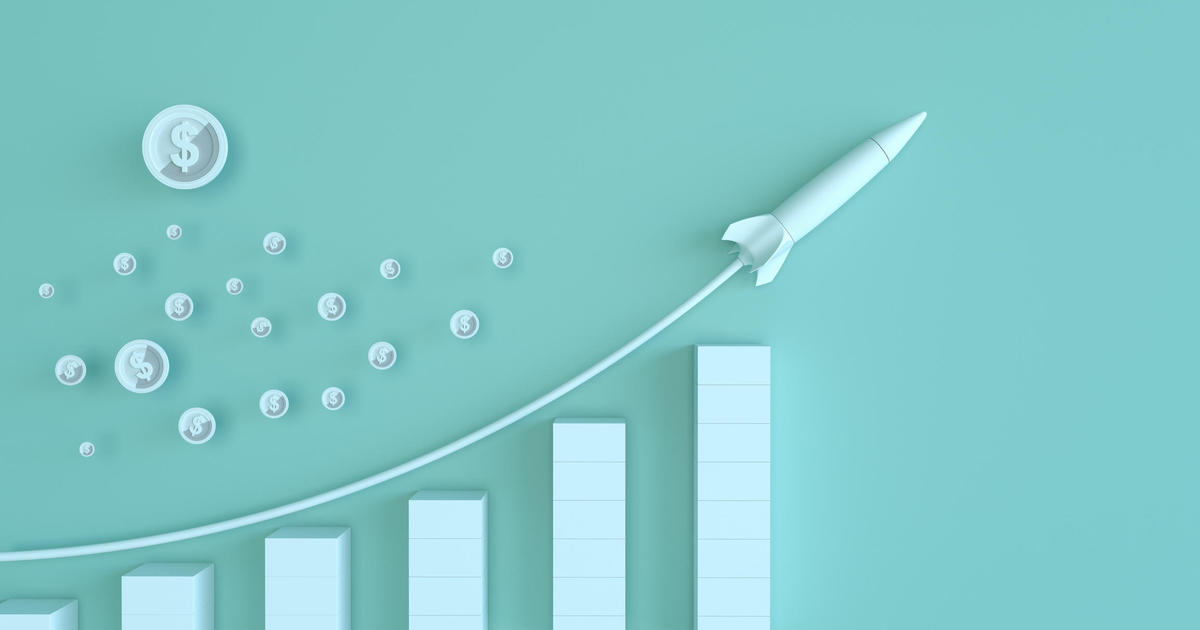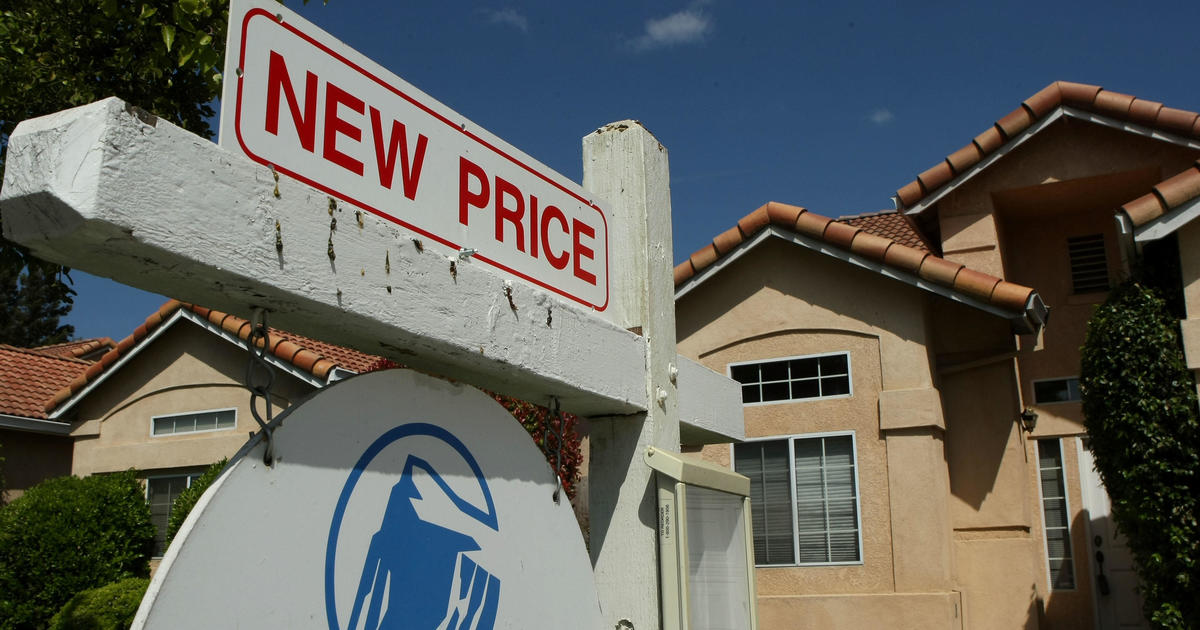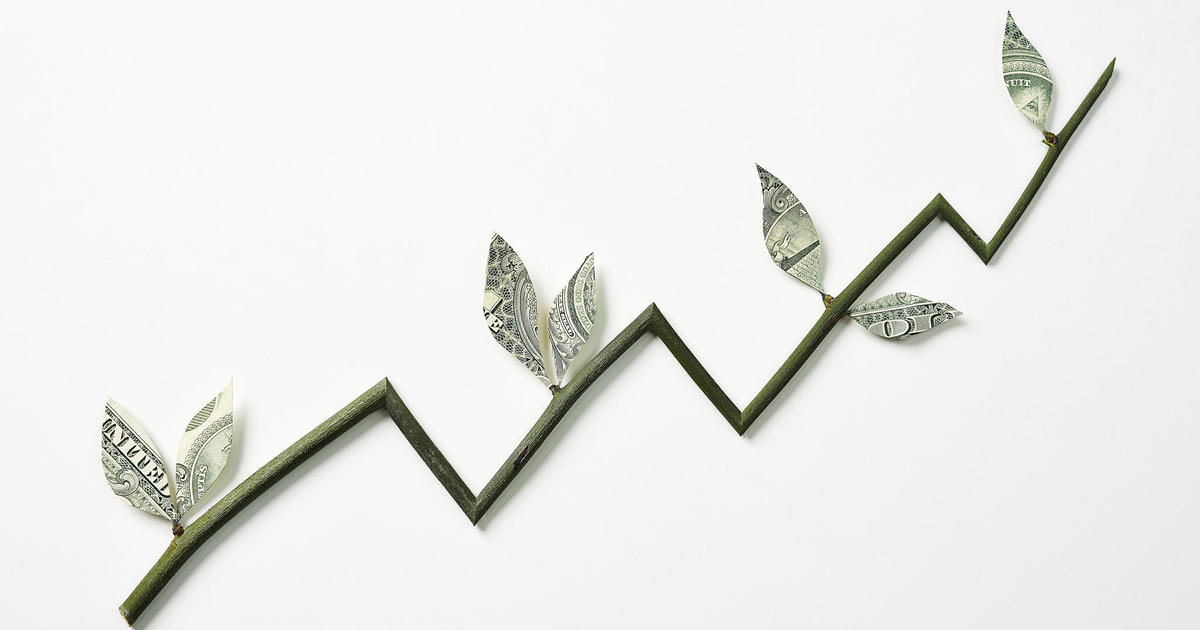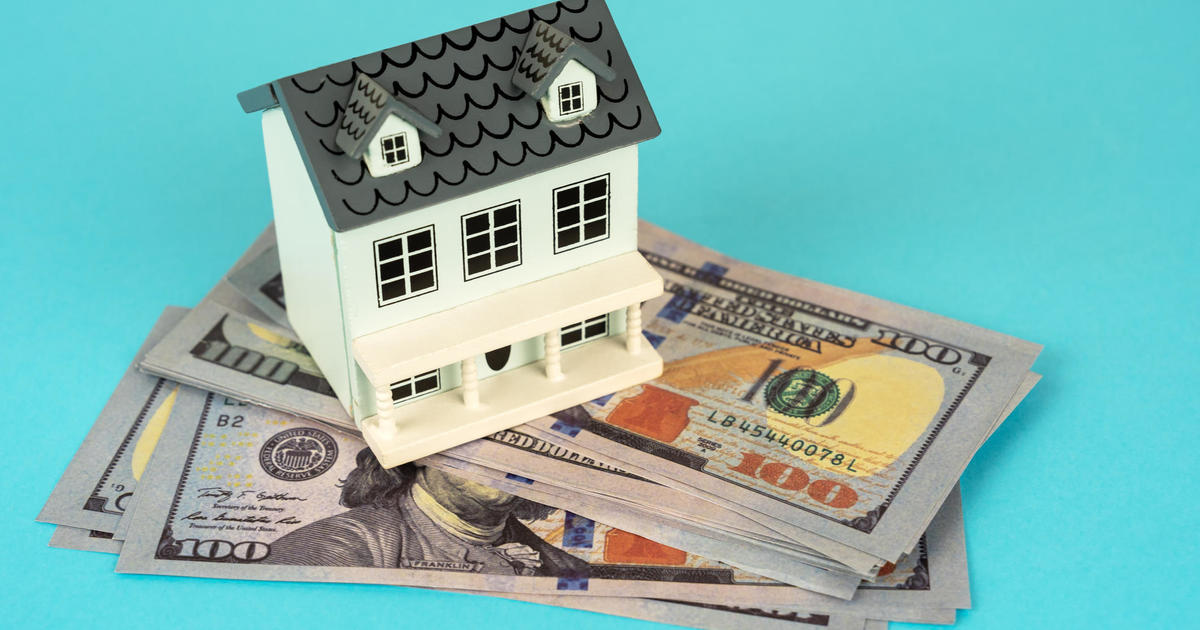The good news that Wall Street doesn't want to hear
Unemployment in the U.S. in 2018 will likely sink to its lowest level since astronaut Neil Armstrong took his giant leap for mankind in landing on the moon nearly 50 years ago.
That's the view of noted Wall Street economist Joseph Lavorgna, who predicts that the nation's jobless rate -- now at 4.1 percent -- will fall to 3.5 percent by year-end. The last time unemployment was that low? December 1969, according to the Bureau of Labor Statistics.
While good news for those looking for work and for workers hoping for a meaningful hike in their pay, the rosy prediction for the labor market is also fuel for the fire now torching stock prices, with investors fearing higher inflation.
The low unemployment rate "is likely to further galvanize inflation worries and keep upward pressure on interest rates," wrote Lavorgna, chief economist at Natixis CIB Americas, in a note.
Lavorgna isn't alone in predicting that joblessness will continue to fall, though other experts think it might take longer for unemployment to dip below 4 percent.
For now, investors seem convinced. They sent stocks tumbling again on Thursday amid ongoing concerns that the Federal Reserve will have to raise interest rates faster than expected in the face of rising wages and prices. Average hourly earnings rose 2.9 percent in January from a year ago, the fastest pace of growth in eight years.
Overall, inflation across the U.S. remains modest, especially given the uptick in wages, at just above the Fed's target rate of 2 percent. But inflationary pressures are building and already affecting consumers. Mortgage rates have climbed along with 10-year Treasury yields in recent weeks, with the 30-year fixed rate now at its highest level in more than a year.
While average investors may be unnerved by blaring headlines about the plunge in stock prices, market turbulence alone is unlikely to cause a sustained economic downturn, according to Gabriel Sterne, an analyst at Oxford Economists.
"The ingredients are inconsistent with that most fearsome of scenarios in which inflation picks up sharply while the economy stagnates," Sterne said in a research note.
Still, until the market hears from news Fed Chair Jerome Powell later in the month, investors are likely to fret at any signs the economy is starting to run hot.
"For this mentality to change, the Powell-led Fed needs to tell investors that low unemployment and rising wage growth need not be inflationary," Lavorgna said.



